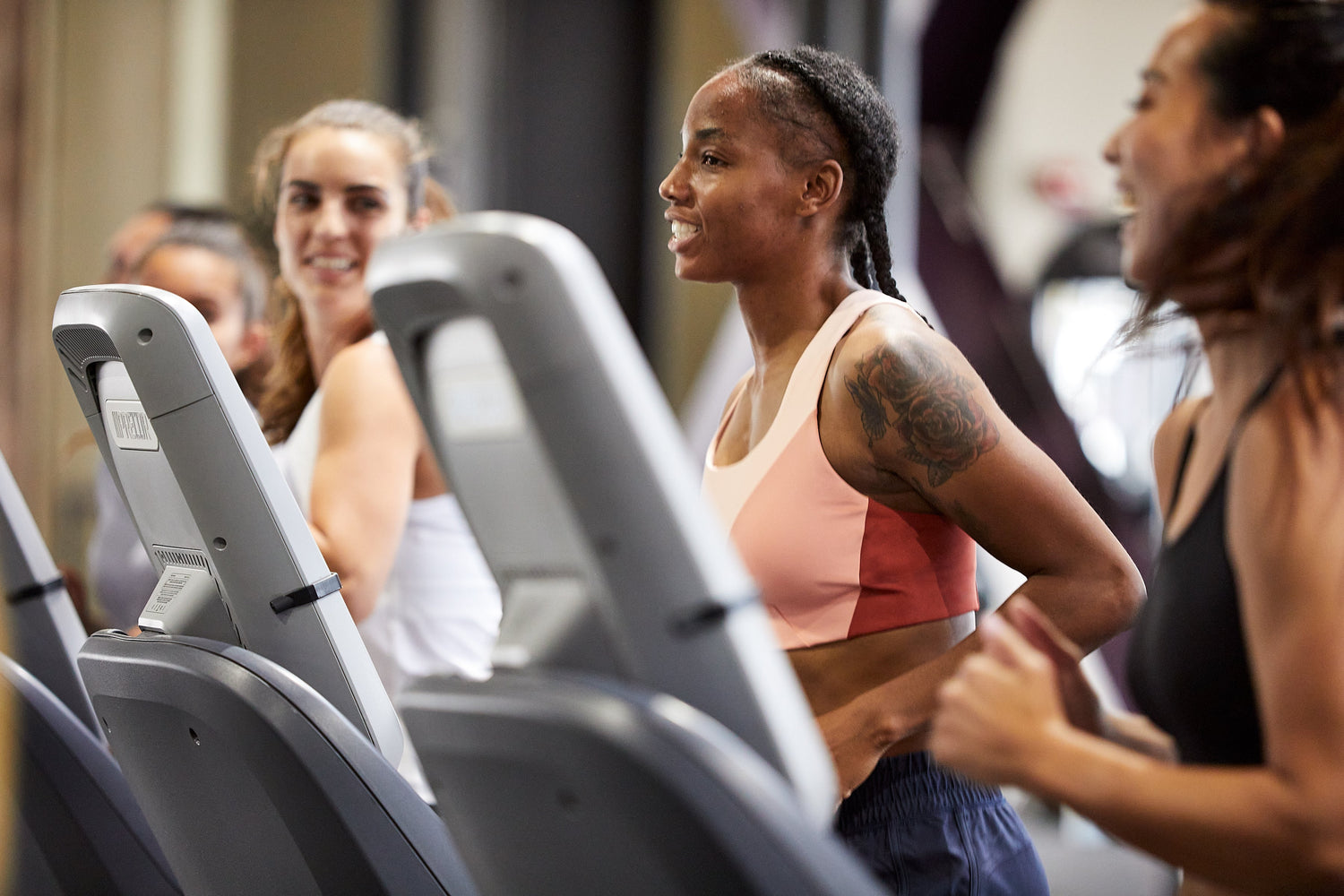A Professional Opinion on Athlete Self-Care
We’ve said it before and we’ll say it again: mental health is just as important as physical health. We say this as your fellow athletes, teammates, and friends in an effort to support you; but we’re not the only ones who believe this to be true. Mental health professionals, team physicians, and athlete mental health advocates alike believe that your mental and physical health go hand in hand; and if you let yourself sink deeper into your internal challenges, your game will go down with them.
Long before legends like Simone Biles and Naomi Osaka spoke up about their mental health struggles, athletes everywhere had been pushed to their breaking points. The issue is, many athletes feel that they are unable to speak up in times of distress due to the unforgiving nature of college or professional-level athletics. Graig Chow, UC Berkeley Athletic Director spoke on this issue, stating how leadership can help alleviate the pressure: “To stand up and advocate for yourself is hard when you’re depressed or feeling highly anxious, and when there’s so much on the line. That’s why we need to take ownership — as athletic directors, coaches and support staff — to release some of that burden, so that we’re looking out for these young athletes and not expecting them to do it all on their own.”
Victoria Garrick, former USC Volleyball champion and current nationally recognized athlete mental health advocate, refers to athlete mental health challenges as “the invisible opponent.” As athletes, it’s so easy for us to recognize, visualize, and understand who we are up against in our sport. Every week, we know which team we’re playing, and we know how to prepare ourselves for that challenge. However, when it comes to mental health, the opponent isn’t one we can see; it’s not one we can always actively prepare for; and we definitely can’t always see when it’s coming. One of our personal favorite Garrick quotes is: “Do you want to know what one of the most toxic, sneaky, harmful messages in sports culture is? That the team comes first. That there’s no ‘I’ in team. That it’s about what’s best for everybody, not what’s best for you.” *Moment of silence for this queen.* As Victoria says, this standard makes it incredibly difficult for athletes to speak up about their mental health, because there’s always a fear that it will hurt the team. But in the process, you could be hurting yourself.
Check out Victoria Garrick's TEDTalk on athlete mental health here.
The point of what we’re saying is, even the pros believe that mental health should be a priority; and it’s okay for you to agree. It’s okay for you to listen to your body, and (yes, even on a professional or collegiate team) normalize putting yourself and your mental health first.
We’ll end this part of the conversation with a quote from UC Davis Sports Medicine Physician and co-head team doctor to the US National women’s gymnastics team, Marcia Faustin: “I want to remind everybody that elite athletes are people first with varying emotions from feeling happy, sad, angry or scared. These emotions are our common humanity. Your mental health needs to be addressed, similarly to how one would address a torn ACL, with the appropriate treatment plan and kindness. Elite athletes are further normalizing mental health, reminding us to take care of ourselves, understand ourselves and our limits, and recognize the power of just saying ‘no.’”
A little louder for the people in the back, Marcia!!
Remember to check out the NCAA mental health resources, linked here.




Leave a comment
This site is protected by hCaptcha and the hCaptcha Privacy Policy and Terms of Service apply.